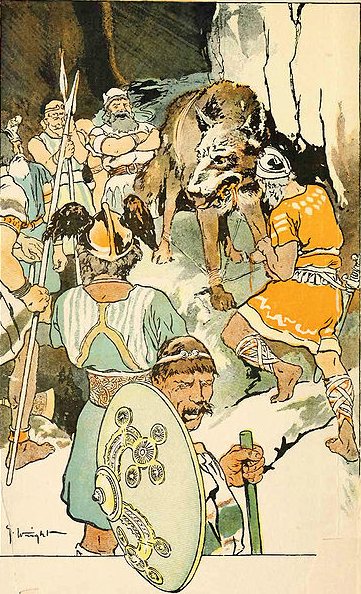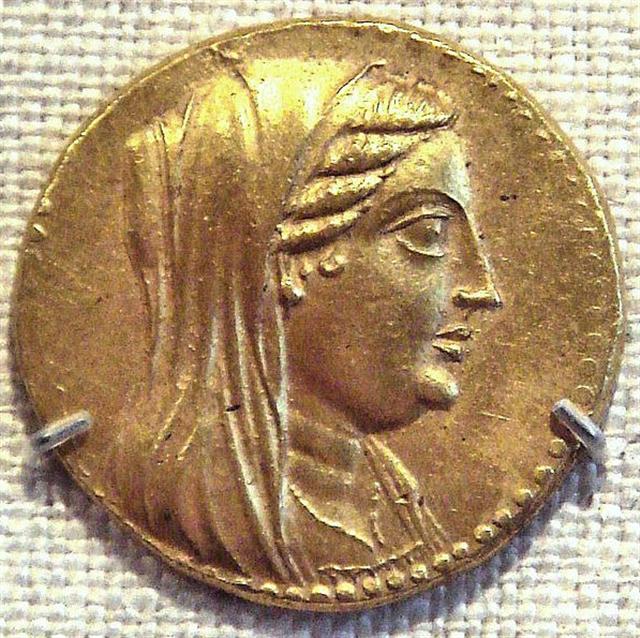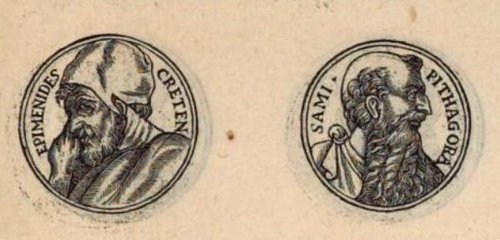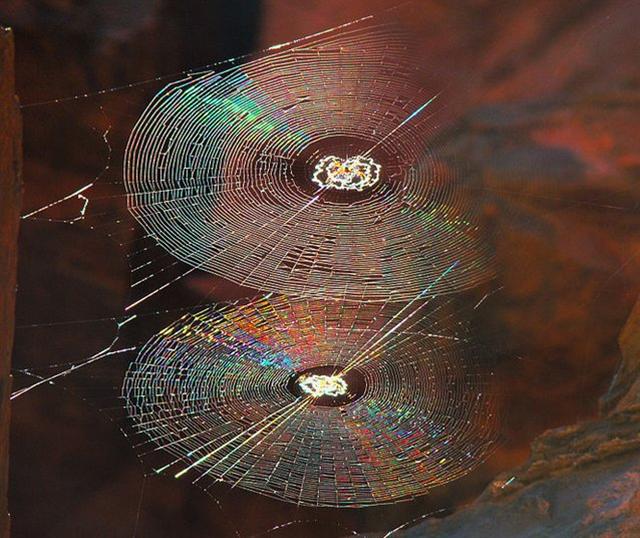|
a1 |
32 |
32 |
b1 |
42 |
368 |
|
a2 |
33 |
65 |
b2 |
27 |
395 |
|
a3 |
35 |
100 |
b3 |
38 |
433 |
|
a4 |
36 |
136 |
b4 |
42 |
475 |
|
a5 |
42 |
178 |
b5 |
35 |
510 |
|
a6 |
39 |
217 |
b6 |
36 |
546 |
|
a7 |
39 |
256 |
b7 |
42 |
588 |
|
a8 |
4 |
260 |
b8 |
40 |
628 |
|
9 * 29 |
|
30 |
290 |
|
a9 |
36 |
326 |
sum total |
260 * 2 + 108
260 + 368 = 314 *
2 |
|
sum |
260 + 66 |
|
... When it was
evident that the years lay ready to burst into life,
everyone took hold of them, so that once more would
start forth - once again - another (period of)
fifty-two years. Then (the two cycles) might proceed
to reach one hundred and four years. It was called
One Age when twice they had made the round,
when twice the times of binding the years had come
together. Behold what was done when the years were
bound - when was reached the time when they were to
draw the new fire, when now its count was
accomplished. First they put out fires everywhere in
the country round. And the statues, hewn in either
wood or stone, kept in each man's home and regarded
as gods, were all cast into the water. Also (were)
these (cast away) - the pestles and the (three)
hearth stones (upon which the cooking pots rested);
and everywhere there was much sweeping - there was
sweeping very clear. Rubbish was thrown out; none
lay in any of the houses ...
.jpg) |
Such 'attractors' (peculiar places) were probably intended to
make the readers think for themselves.
... 'Most ingenious Thoth', said the god
and king Thamus, 'one man has the ability to beget arts, but
the ability to judge of their usefulness or harmfulness to
their users belongs to another; and now you, who are the
father of letters, have been led by your affection to
ascribe to them a power the opposite of that which they
really possess. For this invention will produce
forgetfulness in the minds of those who learn to use it,
because they will not practise their memory. Their trust in
writing, produced by
external characters which are no part of themselves,
will discourage the use of their own memory within them. You
have invented an elixir not of memory, but of reminding; and
you offer your pupils the appearance of wisdom, not true
wisdom, for they will read many things without instruction
and will therefore seem to know many things, when they are
for the most part ignorant and hard to get along with, since
they are not wise, but only appear wise.' ...
And the glorious cosmos of the natural numbers was the
ideal tool for undisturbed nighttime counting pursuits
('counting sheep'). For instance: 9 * 29 = 8 * 32 + 5.
And then 2 * 314 (→ a
whole circle) = 260 + 368 = 214 + 414.
The number of glyphs on side b of the E tablet had been decided to
be 42 + 260 in contrast to 260 + 66 on side a.
Counting beyond the end of line Ea8 we will have 36 + 42 =
78, which could make us associate to Rigel (*78).
... In view of the almost universal
prevalence of the Pleiades year throughout the Polynesian
area it is surprising to find that in the South Island and
certain parts of the North Island of New Zealand and in the
neighboring Chatham Islands, the year began with the new
Moon after the yearly morning rising, not of the Pleiades,
but of the star Rigel [*78] in Orion ...
However,
*16 (April 6) + *42 = *58 (May 18)
was at the Boat (Zaurak) in the Eridanus river.
Instead we should count April 6 (*16) + *183 = October 6
(*199 = *183 + *16) = 263 (September
20) + 16:
|
Oct 1 |
2
(275) |
3 |
4 |
5 |
6
(*199) |
 |
 |
 |
 |
 |
 |
|
Ea9-31 |
Ea9-32 |
Ea9-33 |
Ea9-34 |
Ea9-35 (325) |
Ea9-36 |
|
ki te henua |
eria age ra manu poo pouo |
ika |
honu noho |
te henua |
vage Rei tau |
|
Riha.
Slow, tardy. Mgv.:
ria,
id. Mq.:
iá,
id. Ta.:
riha,
id.
Rihariha: 1. Feeble,
cooked too much. 2. Greedy. Mq.:
ihaiha, gorged, stomach
filled to repletion. Churchill.
Age. Particle
sometimes used with the imperative
of oho, turu, iri to express
the idea of going somewhere
unerringly, confidently:
ka-turu-age koe ki tai, go down
to the sea now; ka-iri-age koe ki
taaku me'e to'o-mai, be sure to
go up and bring my things. Nowadays
it is only used with those three
verbs, but its use seems to have
been more general once, as ancient
chant has these verses:
Ka-iri-age Rano Kau te ga atua hami
regarega, Ka-oka-age Ha'w koka te
korotea a Kava te ruruti, Ka-hi-age
Hatehate te kahi-riva a tumu.
Vanaga. Hou.
1. To perforate, to drill. P Pau.:
fakahou, to furrow, to
groove, to plow. Mgv.: hou,
ouou, a drill, a wimble, a
borer, a gimlet, to pierce with a
drill. Mq.: hou, an auger, a
drill, a wimble, corkscrew, to
pierce with a drill. Ta.: hou,
auger, to drill. 2. New, fresh,
modern, recent, young, youth; rae
ki te mea hou, to innovate;
hou anei, modern. Hakahou,
to reiterate, reparation, to
restore, to recapitulate; haga
hakahou, to make over, to renew,
recovery; avai hakahou, a
loan, to borrow; rere hakahou mai,
to rebound; hakahou iho, to
recommence. P Pau.: hou,
young, new. Mgv.: hou, new;
akahou, to renew. Mq.: hou,
new, recent, fresh, young. Ta.:
hou, new, recent, before.
Churchill. Kana.
Le kana est un crustacé
dont l'enveloppe fournissait un
ornement nommé Rei, comme la
planche représentant un des longs
côtes d'un navire. La femme
représentée, en Cook, avec le
chapeaux Poouo, porte au core
un kana rei. (Jaussen
according to Barthel).
Kuo. Pau.: kuokuo,
white, clean. Mgv.: kuokuo,
white. Ta.: uo, id. Mq.: ...
id.; kuo, red and white
spotted. Churchill. Mgv.: kuoga,
household provisions. Ta.: uoa,
forbiddance of foods. Kuokuo,
white. Ta.: uouo, id.
Churchill.
... In China,
every year about the beginning of
April, certain officials called
Sz'hüen used of old to go about
the country armed with
wooden clappers. Their business
was to summon the people and command
them to put out every fire. This was
the beginning of the season called
Han-shih-tsieh, or 'eating of
cold food' ... |
|
April 1 (91) |
2 |
3 |
4 |
5
(95 → Canopus) |
6
(*199 - *183) |
 |
|
REVERSED NAKSHATRA → CLOSE TO THE
FULL MOON: |
|
Legs-15 (Wolf)
ν
Andromedae (11.0),
φ²
Ceti (11.1),
ρ
Phoenicis (11.2),
η
Andromedae (11.4)
*335.0 = *11.4 - *41.4 |
CIH (Whip)
=
γ
Cassiopeiae,
λ
Tucanae (12.4),
φ³
Ceti (12.6),
μ
Andromedae (12.8)
*336.0 = *12.4 - *41.4 = 4 * 84 |
φ4 Ceti (13.2) |
No star listed (14) |
1h (15.2)
β
Phoenicis (15.1),
υ
Phoenicis,
ι
Tucanae (15.6),
η
Ceti,
ζ
Phoenicis (15.7) |
Al Batn Al Hūt-26 (Belly of the
Fish)
/
Revati-28 (Prosperous)
/
1-iku
(Field Measure)
MIRACH (Girdle) =
β
Andromedae,
KEUN MAN MUN (Camp's South Gate) =
φ
Andromedae
(16.0),
ANUNITUM =
τ
Piscium
(16.5),
REVATI (Abundant) =
ζ
Piscium
(16.9)
REGULUS
(α Leonis) |
 |
| |
INVISIBLY CLOSE TO THE SUN: |
|
κ
Crucis (194.4),
ψ
Virginis (194.5),
μ
Crucis,
λ
Crucis (194.6),
ALIOTH (Fat Tail) =
ε
Ursae Majoris,
ι
Oct.
(194.8)
*153.0 = *194.4 - *41.4
→
17 * 9 |
MIN-EL-AUVA
(Door of the Barker) =
δ
Virginis
(195.1),
COR CAROLI =
α
Canum Ven.
(195.3) |
δ
Muscae (196.5) ,
VINDEMIATRIX (Grape Gatherer) =
ε
Virginis
(196.8) |
13h (197.8)
ξ¹ Centauri (197.1), ξ² Centauri
(197.9) |
APAMI-ATSA (Child of Waters) =
θ
Virginis,
ψ
Hydrae (198.5),
DIADEM =
α
Com. Ber.
(198.9) |
AL DAFĪRAH (Tuft) =
β
Com. Ber.
(199.4)
*158.0 = *199.4 - *41.4 |
|
"Aug 21 |
22 |
23 (*155) |
24 (336) |
25 |
26 |
|
JULY 29 (210) |
30 |
31 |
AUG 1 |
2 |
3
(*135) |
 |
We cannot make any sudden jumps ahead in time-space but
have to proceed step by step in milliped fashion:
 |
 |
 |
|
Eb1-1 |
Eb1-2 |
Eb1-3 |
|
tagata mau kupega |
te henua |
te maitaki |
|
Kupega. He-tá i te kupega, to
weave (a net). Hopu kupega, those who help
the motuha o te hopu kupega in handling the
fishing nets. Huki kupega, pole attached to
the poop from which the fishing-net is
suspended. Mata kupega, mesh. Te matu'a o
te kupega, part of a net from which the weaving
started. Te puapua kupega, the upper part of
a fishing net. Tau kupega, rope from which
is hung the oval net used in ature fishing.
Tuku kupega, a fishing technique: two men
drag along the top of a fishing net doubled up,
spread out on the bottom of a small cove, trapping
the fish into the net. Vanaga. |
... For some reasons
Metoro read the lines on side b backwards, starting with
Eb1-36, -35, 34 ... and ending this line with Eb1-3, -2,
-1. Though Eb1-37 -- -42 were left until after having read
the mentioned glyphs and Eb2-27, -26, -25 ... -3, -2, -1 (in
that order). Then he finished line Eb1 in the (presumably)
right order: Eb1-37 -- -42. The close correlations between
what Metoro was saying and the glyphs makes it absolutely
clear that this is what happened. I have presumed that
Metoro was wrong in reading backwards like that and
therefore I present glyphs and Metoro's readings adjusted
after the order of the glyphs, not according to the order of
his reading ...
|
Eb1-36 |
34 |
Eb1-1 |
Eb2-27 |
25 |
Eb2-1 |
|
36 + 27 = 63 |
We can see that also Metoro created 'strange
attractors', here presumably to illustrate how the top of
tuku kupega fishing nets should be 'doubled up'. In
order to be good there had to be a pair - like the two sides of a coin or the two
sides of a rongorongo tablet, or the
Doublegood Pair.

The star named Double
Double was in the right ascension day before
Φ Sagittarii (*284.0).
... What the net could be is known
from the story of Kaulu. This adventurous hero, wanting
to destroy a she-cannibal, first flew up to Makalii the
great god, and asked for his nets, the Pleiades and the
Hyades, into which he entangled the evil one before he
burned down her house. It is clear who was the owner of
the nets up there. The Pleiades are in the right hand of
Orion on the Farnese Globe, and they used to be called
the 'lagobolion' (hare net). The Hyades were for
big game ...

|

.jpg)







